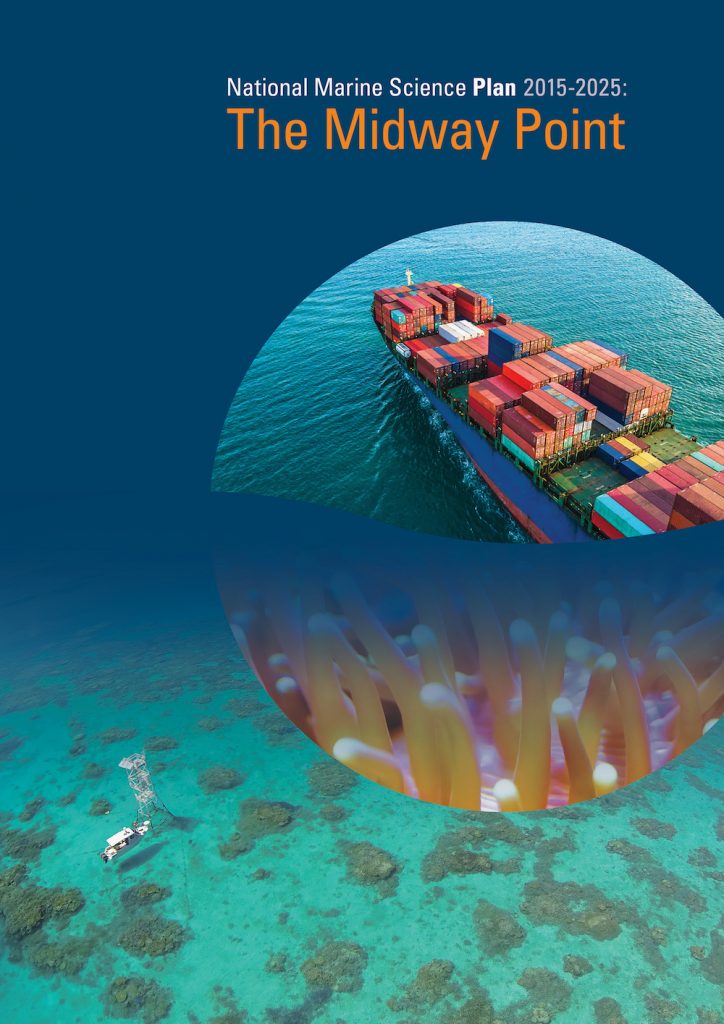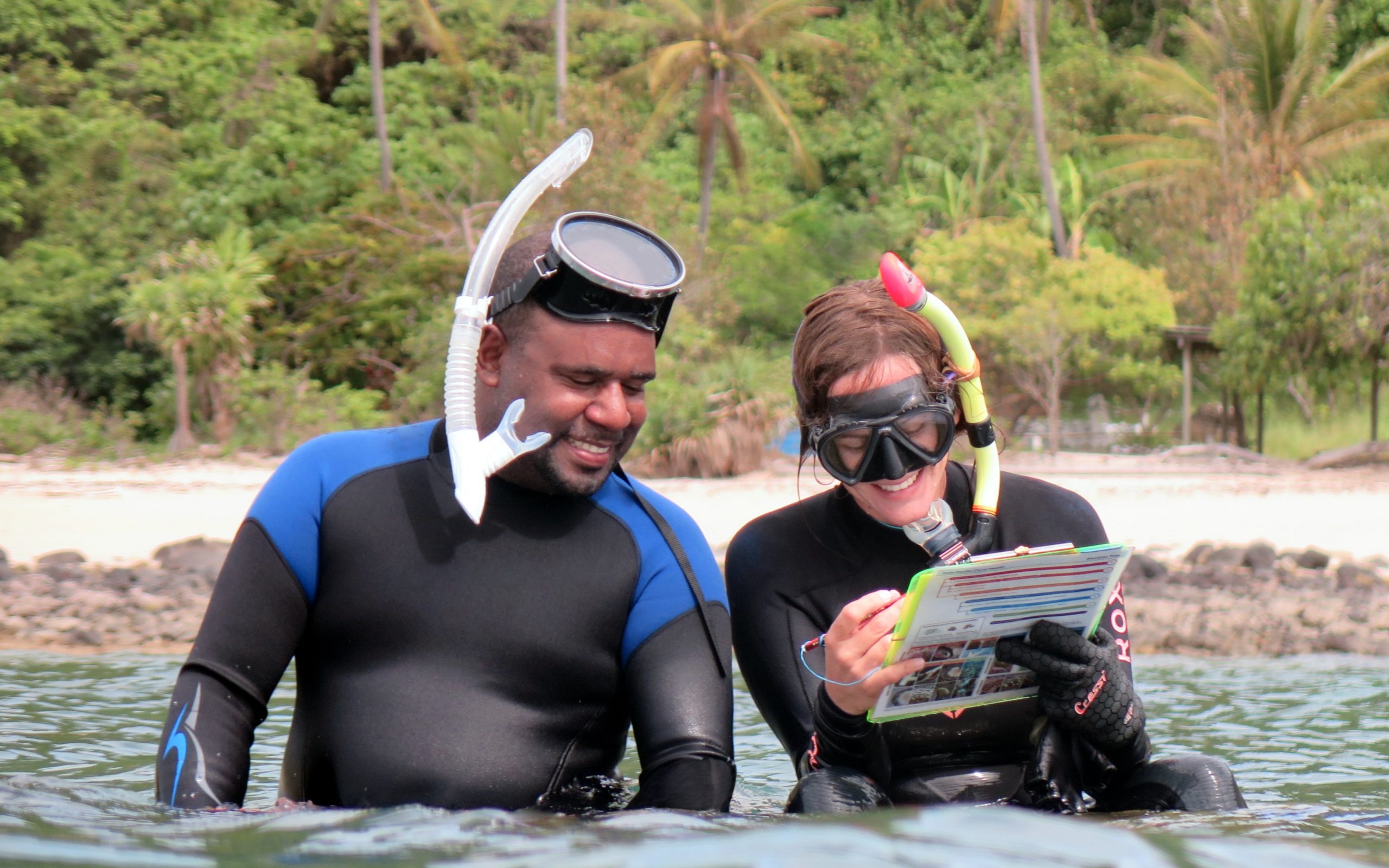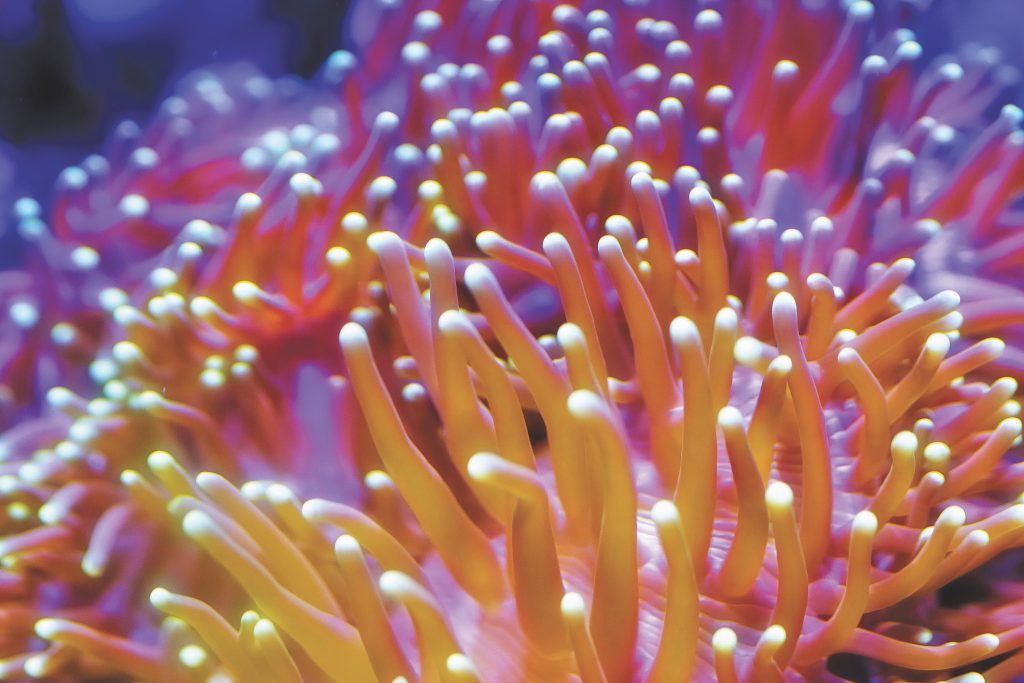The Midway Point:
how far have we come?
The NMSC released the National Marine Science Plan 2015–2025: The Midway Point in November 2021.
We drew on the interdisciplinary breadth and expertise of our members and the wider marine science community to develop it.
This report is both a review of the National Marine Science Plan 2015–2025 and a renewed clarion call for the marine science community, industry and government to drive the blue economy’s development and fulfil its prosperity potential.
And it comes at a time when the recovery, resilience and long-term health of Australia’s marine environment, economy and community have never been more important.
The Midway Point assesses how far we’ve come and what is still required. It highlights how we can build on the National Marine Science Plan’s roadmap for the long-term health and wealth of Australia’s marine environment, economy and people.
The report also identifies emerging priorities that will address gaps in knowledge, infrastructure and capabilities, and re-prioritise the initial recommendations.

Report card: successes and next steps
The Midway Point tracks the progress of the Plan’s eight recommendations from 2015–2020 via a report card, and highlights next steps.
Of the original recommendations, two are at an early stage, four are underway and two are at maturity.



Mature: the recommendation has a clear-use case, user base and role supporting marine science and the blue economy
Underway: the recommendation has a clear forward trajectory
Early stage: the recommendation is still immature and a clear forward plan has yet to be established
Building resilience and preparedness:
additional recommendations
Since 2015, the scale and speed of environmental, social and economic changes, and their impacts on the marine estate, have highlighted the need to double down and build on the Plan’s original eight recommendations.
These changes include accelerating climate change, pollution, demographic change, loss of biodiversity and habitat, aging or outdated marine and coastal infrastructure, and biosecurity threats. The COVID-19 pandemic has also driven a broader need for economic and social recovery, resilience-building and preparedness against future shocks.
The Midway Point has identified three new recommendations to develop and refine marine science’s foundational elements and activities.

Call to action
Droughts and flooding rains have surpassed the stuff of poetry as Australia grapples with increasingly intense and frequent cyclones, bushfires, marine heatwaves and floods.
Rising coastal populations and competition for marine resources are turning the screws further still on our precious coastal systems. Meanwhile, the COVID-19 pandemic has been a wrecking ball, flaying many industries and communities.
We have an opportunity to transform the way we use and prosper from one of our greatest resources: our oceans and coasts.
We call on the research community, industry, government and the public to all play their part in supporting and developing our blue economy and ensuring a future where all Australians can prosper.
![]()
Research community
We call on the research community to build on and amplify existing resources to establish truly national research programs, which incorporate all stakeholder needs and underpin decision-making and policy-making by industry and government.
- Continue and expand collaborations across disciplines, sectors and borders, including citizen scientists and areas of society that have not been traditional science collaborators.
- Establish national policy guidelines for open data access, provide digital access to historical datasets and expand the role of the AODN to provide tools for non-specialist users.
- Develop a nationally coordinated approach to integrate the rights, interests, capacity and aspirations of Traditional Owners into conventional marine science.
![]()
Industry
We call on industry to engage and work with scientists to ensure science underpins their operational decision-making, risk assessments and future planning, and to create businesses that are both efficient and sustainable.
- Use monitoring data to inform future food and offshore energy production, transport, marine security and urban coastal development.
- Join the open data movement to make data publicly available or usable by researchers, and partner with government to make this happen.
- Co-design a national-scale coastal modelling and forecasting system that addresses end-user needs in industry, government and community.
![]()
Government
We call on government to focus on and invest in the blue economy as an important plank in post-COVID economic recovery and resilience building, as well as the key to creating long-term social, cultural and environmental benefits for all Australians.
- Resolve political and jurisdictional issues that constrain the implementation of coastal system programs and national studies.
- Continue and increase support for critical foundational infrastructure, such as IMOS beyond 2023, extended operational capacity on RV Investigator (300 days per year beyond 2022) and capability (coastal fleet), and a coordinated national research vessels fleet.
- Establish national open data policies across sectors, and support and extend the AODN.
![]()
Community
We call on the community to recognise the responsibility we all share as a marine nation, and to play an active role in ensuring the long-term health of our oceans and coasts
for all Australians.
- Take part in citizen science projects such as Reef Life Survey, Witness King Tides, ClimateWatch Australia, ReefWatch, Waterwatch, RedMap, Coastal Walkabout and more.
- Engage with marine science and the conversation around climate change, pollution and sustainable coastal development.
- Encourage national and local governments, and industries to develop sustainable practices and undertake nature-based initiatives to build resilience of coastal areas.
Flip the boxes for more detail
NMSC Chair and Deputy
Chair: Dr Patrick Hone, Managing Director, Fisheries Research and Development Corporation
Deputy Chair: Dr Lyndon Llewellyn, Research Manager of the Australian Institute of Marine Science
NMSC secretariat
annette.lyons@frdc.com.au
Stay in the loop
Documents and images
All documents on this site remain the property of the relevant authors. These documents should be cited if used in research or for other purposes.
All images on this website have been contributed by NMSC Members, or are fully licensed through Adobe Stock and Shutterstock.

